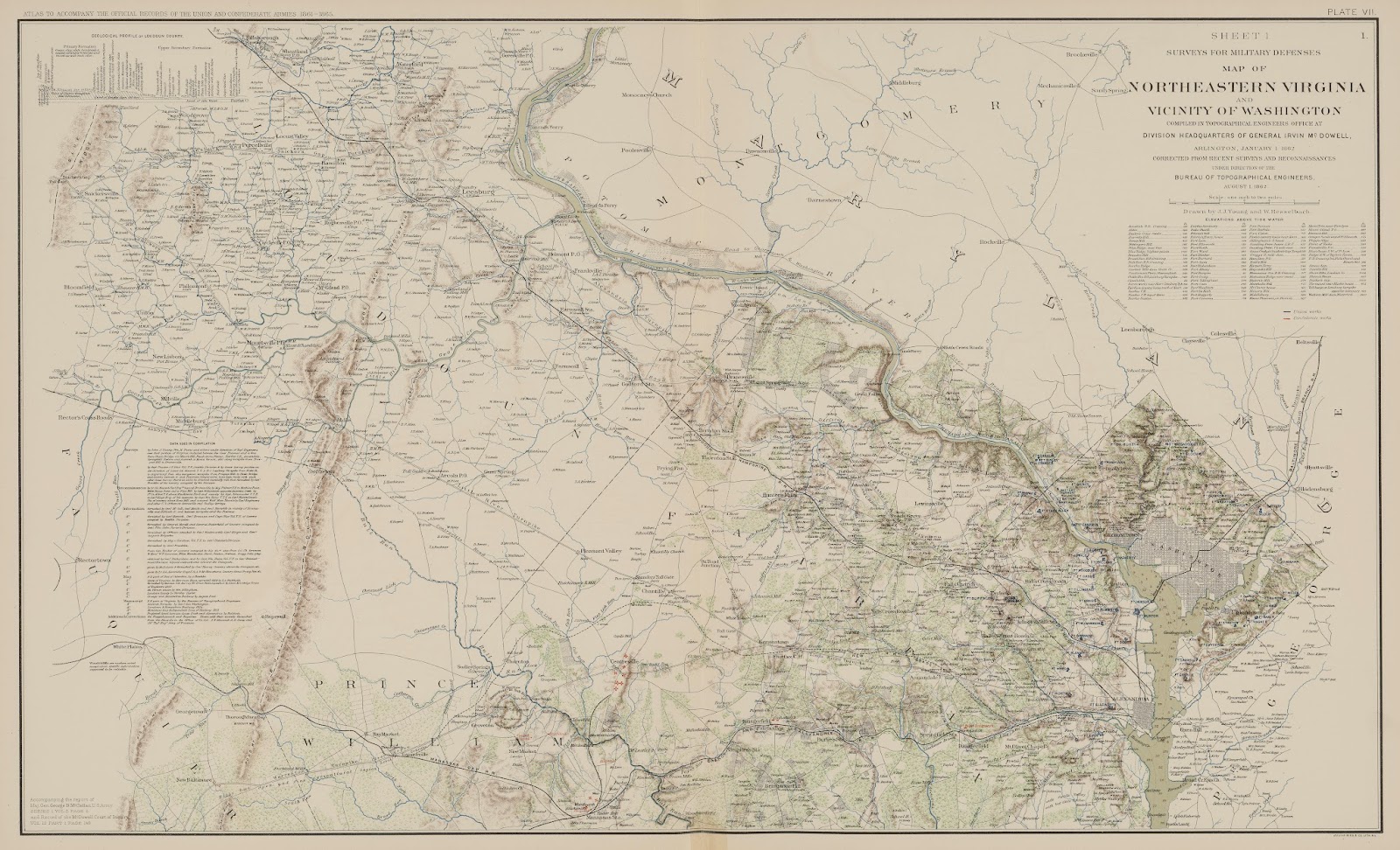As an aside, I'm rather disappointed with this update. I had many ideas that I wanted to present for my first Confederate POV (the one from the previous TL was very lacking I felt), but I'm still unsatisfied with this one. No matter how I wrote it it didn't seem to fit properly, and I'm not quite sure I captured all the relevant concerns and irritations which would vex Davis in this period, but in the interest of moving on I shall simply keep it going. There was also originally supposed to be a second Canadian narrative section, but I've scrapped it since it will probably be better later on. In hindsight this would have made a much better contribution as one big chapter, but que-cera.
Anyways, Chapter 28: War Means Killing, will be bigger, and I'm hoping to hammer it out over the coming weeks. Should be up in 4 parts covering events from Kentucky, Canada, Virginia, and Maine, which will round out August 1862.



